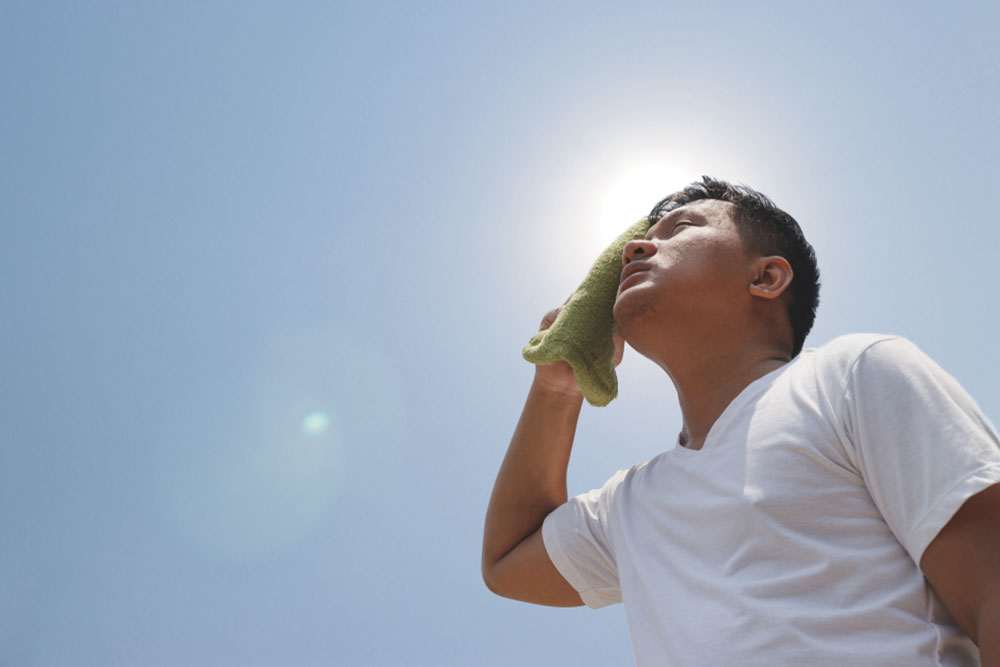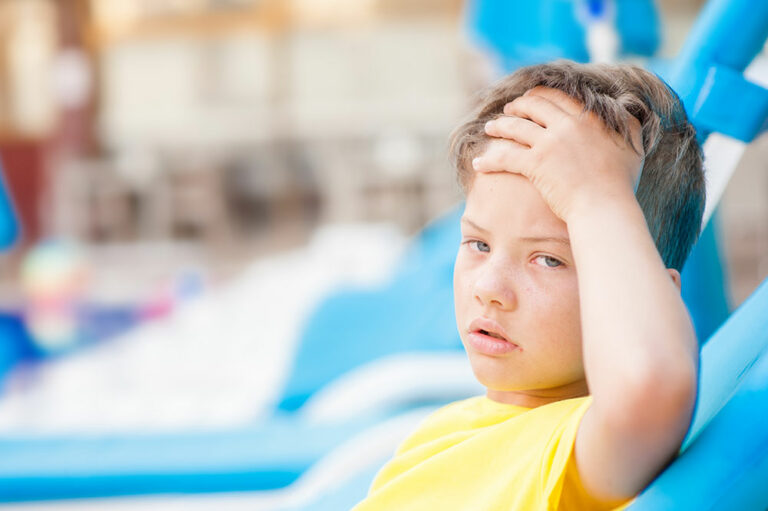9 surprising signs of dehydration to watch out for

Dehydration can occur for various reasons, such as sweating excessively, not drinking enough water, or vomiting and diarrhea. Most people know that some common symptoms of dehydration include thirst, dry mouth, and dark urine, but other unusual and hidden signs may point to this condition. Ignoring these signs of dehydration may lead to health issues in the long run. If one experiences any of these symptoms, increasing the intake of water and other fluids is best.
Bad breath
When the body becomes dehydrated, it produces less saliva. Saliva is important in washing away food particles and bacteria from the mouth. Without enough saliva, bacteria can thrive, causing bad breath.
Muscle cramps
When the body is dehydrated, it can lead to an imbalance of electrolytes, which are essential minerals that help regulate nerve and muscle function. This can cause muscles to contract involuntarily, resulting in painful cramps.
Dry or dull skin
Dehydration can cause the skin to become dry, dull, or less elastic. Wrinkles and fine lines may also be a result of dehydrated skin.
Headaches
Dehydration can cause headaches or migraines in some people. When the body is dehydrated, it can decrease blood volume, which can cause blood vessels in the brain to narrow, leading to headaches.
Dizziness
When the body is dehydrated, it can cause a drop in blood pressure, which can lead to feelings of dizziness or lightheadedness. This is because the body is trying to conserve water by reducing blood flow to the extremities, including the brain.
Food cravings
When dehydrated, the body may mistakenly interpret thirst as hunger, leading to intense cravings for salty, sugary, or fatty foods. Therefore, if one experiences sudden cravings for certain foods, one can try drinking a glass of water first to see if it helps.
Constipation
When the body is dehydrated, it can lead to constipation because it tries to conserve water by pulling it from the colon, resulting in hard and dry stools.
Urinary tract infections
When the body is dehydrated, it can result in concentrated urine, which can irritate the bladder and increase the risk of urinary tract infections.
Fatigue or exhaustion
Dehydration can cause fatigue or tiredness. When the body is dehydrated, it can lead to a decrease in blood pressure, which can reduce the amount of oxygen and nutrients that reach the muscles and organs, resulting in fatigue.
To avoid these symptoms and potential long-term health risks, one is advised to drink plenty of fluids in the form of broths, soups, juices, and smoothies, in addition to water. One can also consume water-rich fruits and vegetables like watermelon, muskmelon, cucumbers, strawberries, oranges, cantaloupe, and celery. Some doctors recommend drinking 8 glasses of water daily, but the requirement varies largely based on one’s lifestyle and overall health. Outdoor activities like running errands may propel one to forget or postpone drinking water. So, it’s best to always keep a water bottle at hand, especially while traveling, working out, or shopping.










